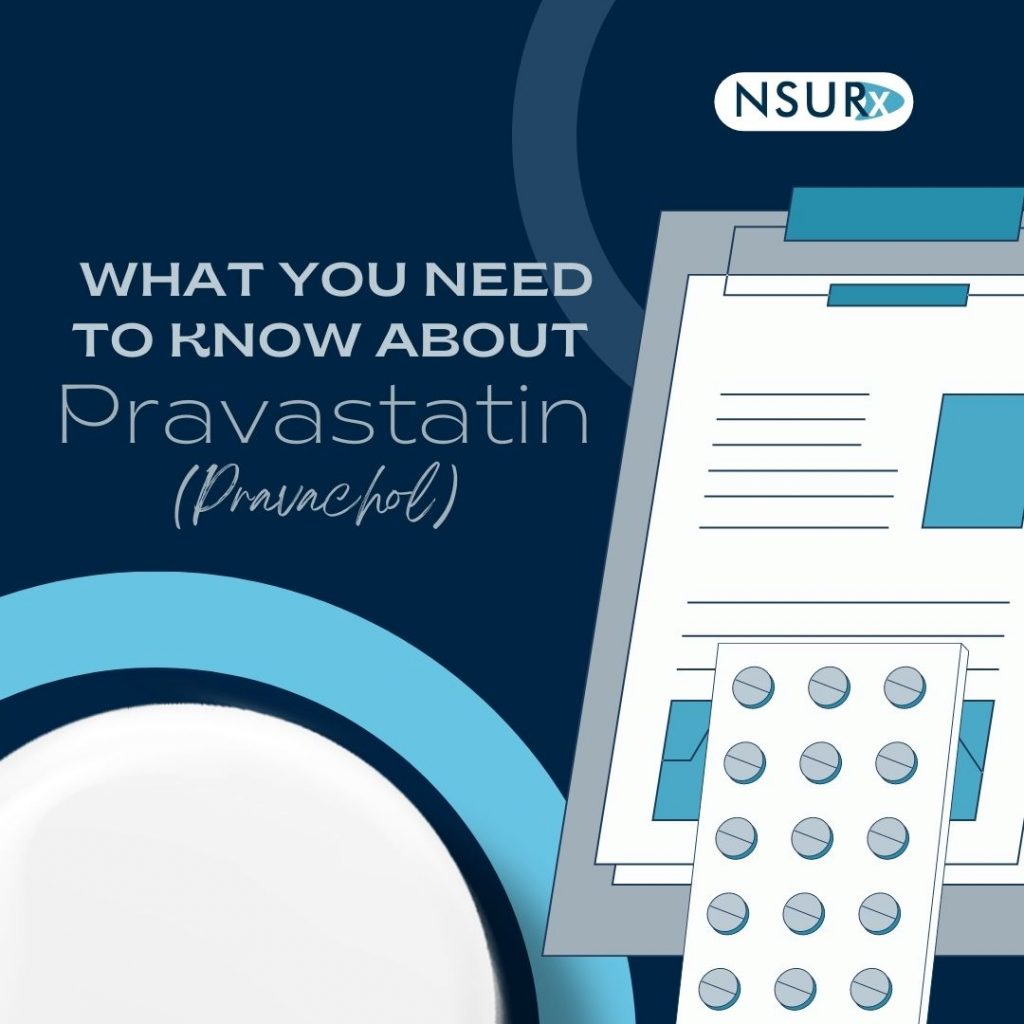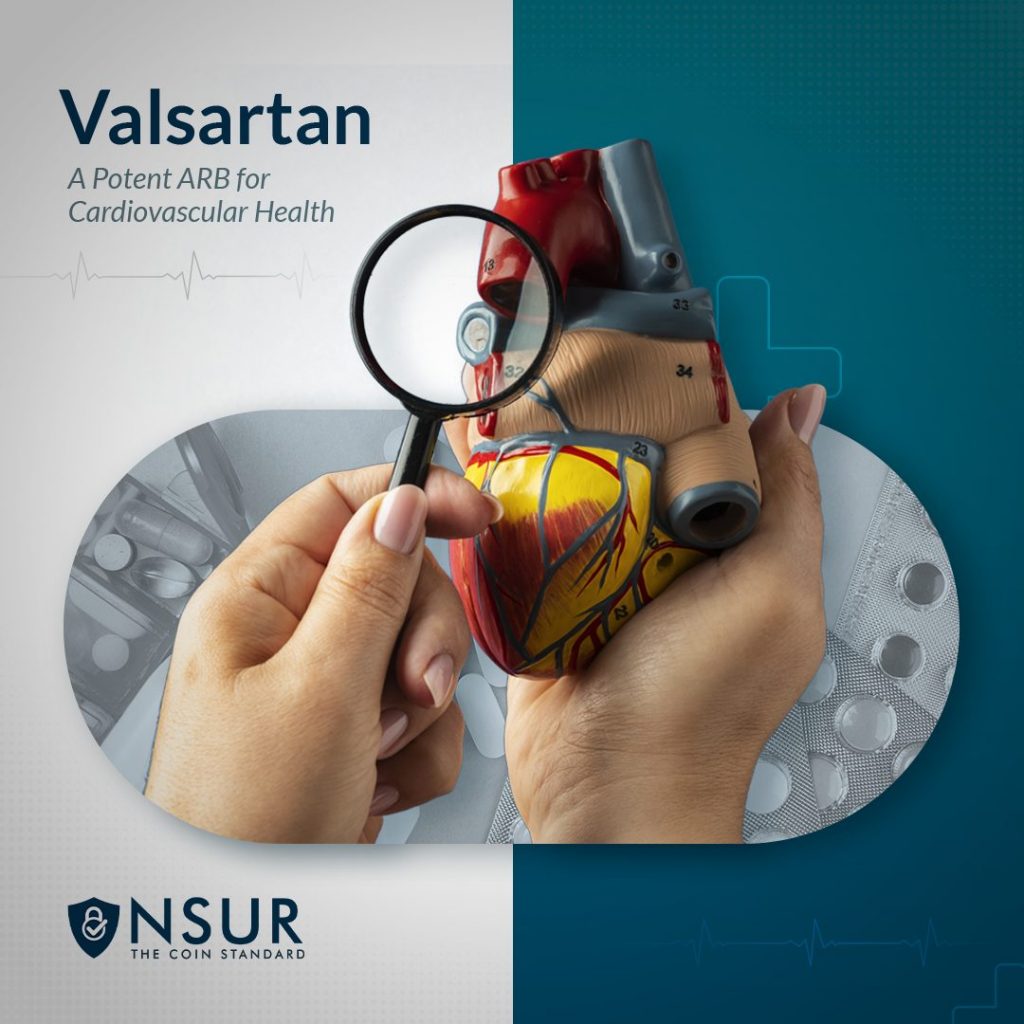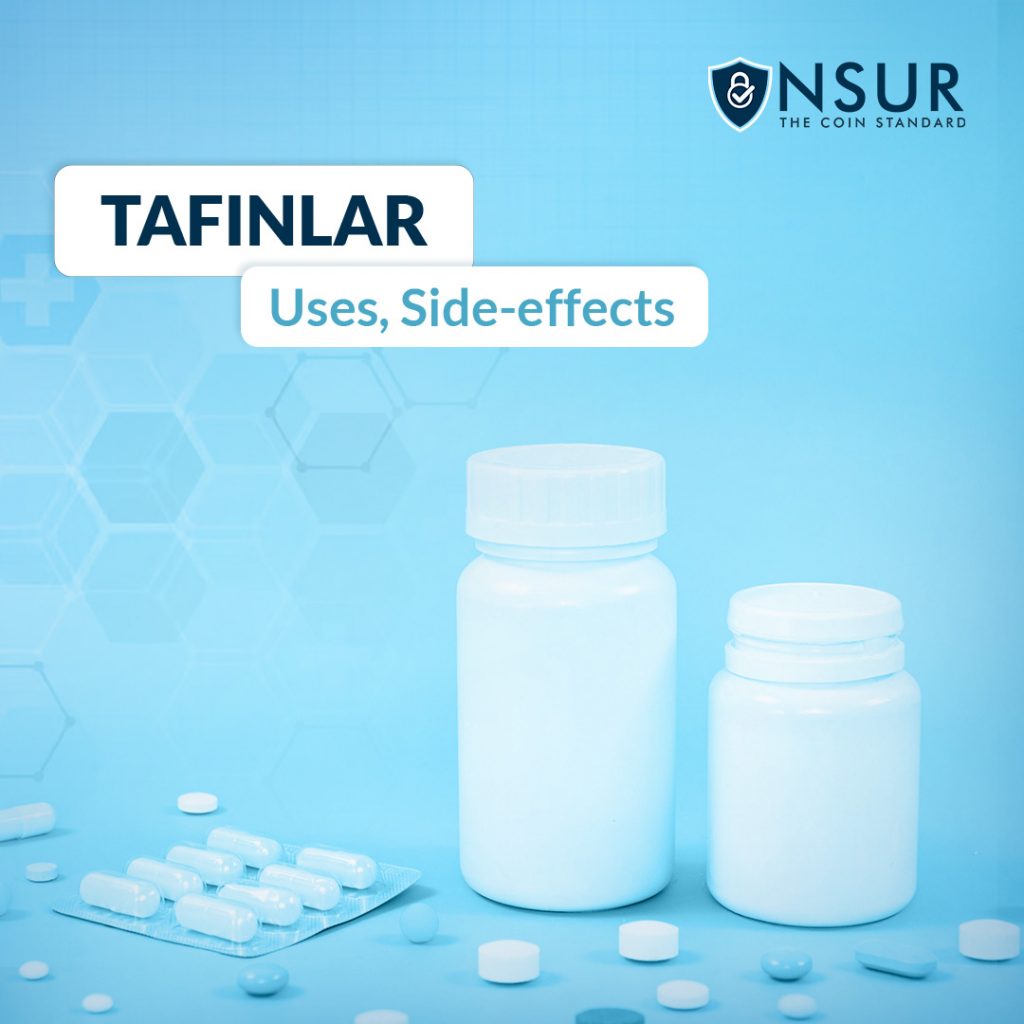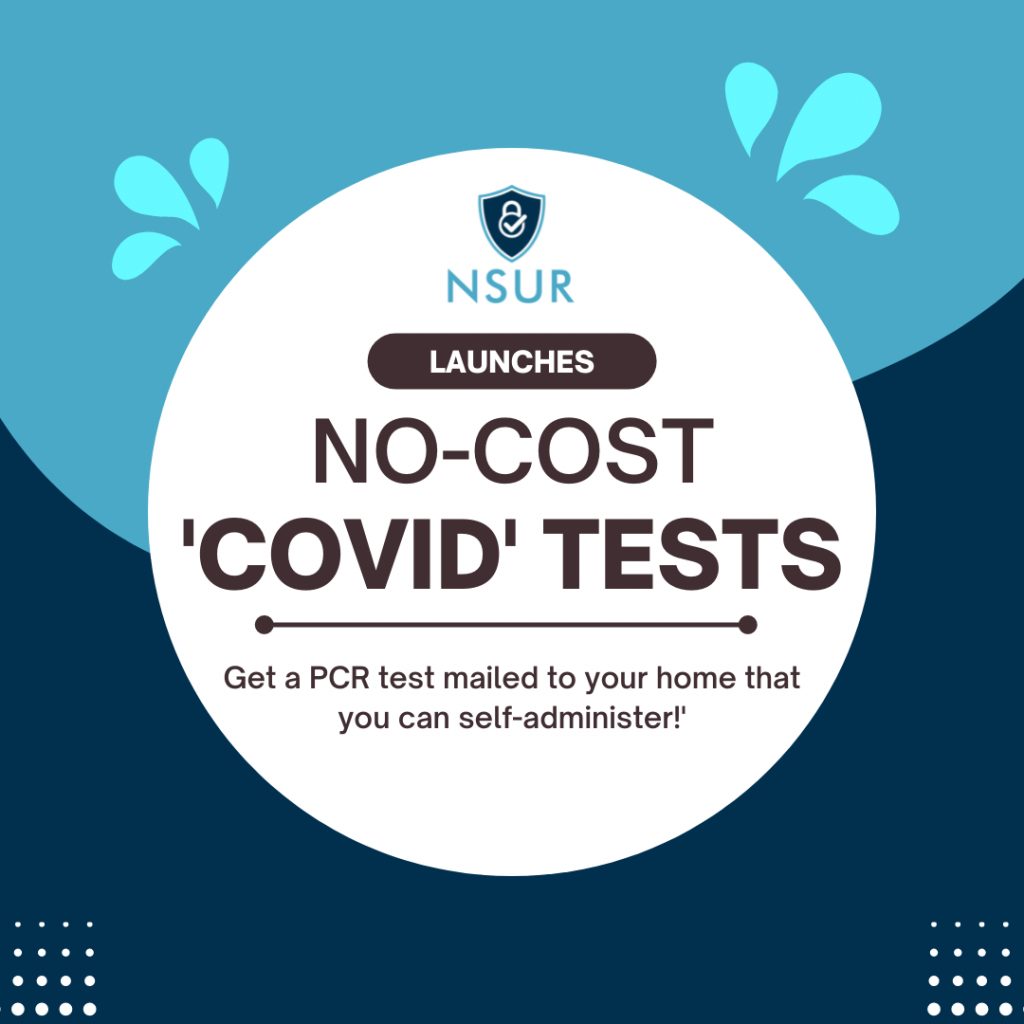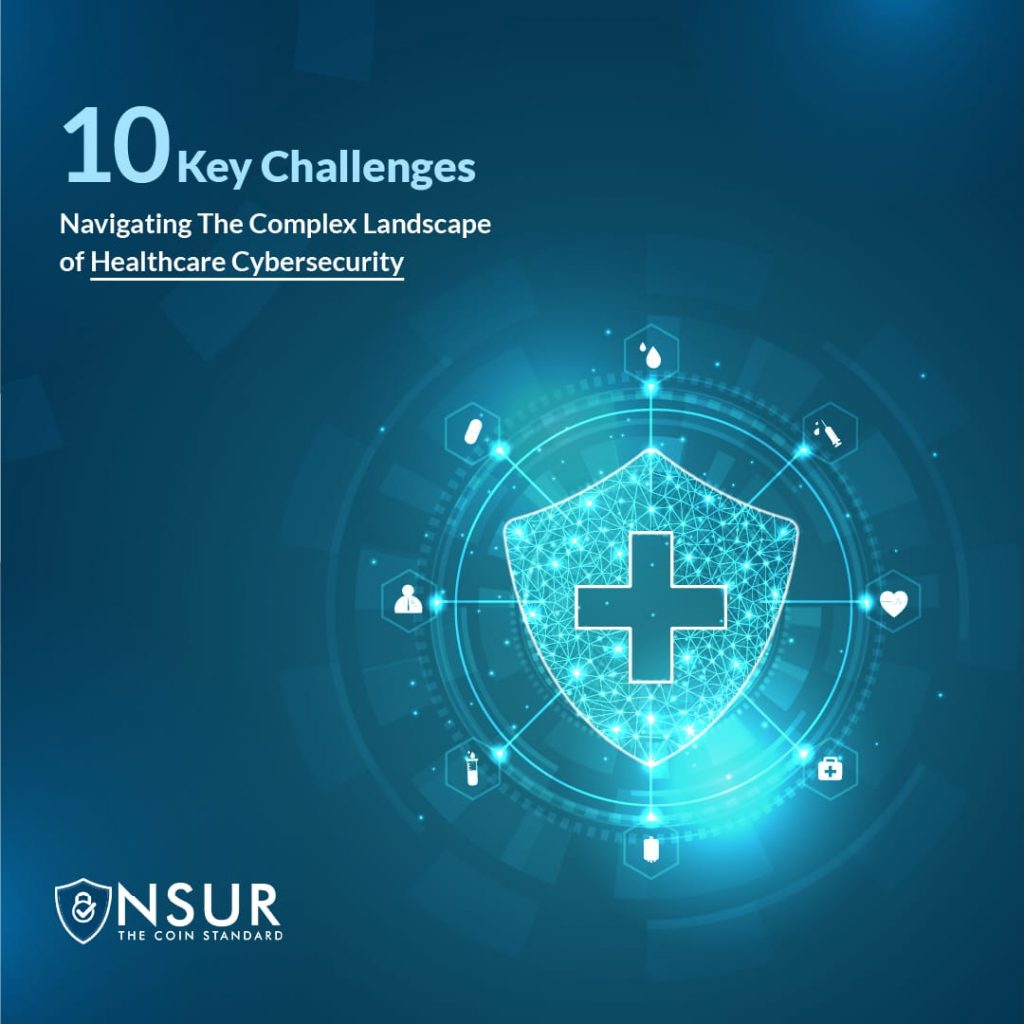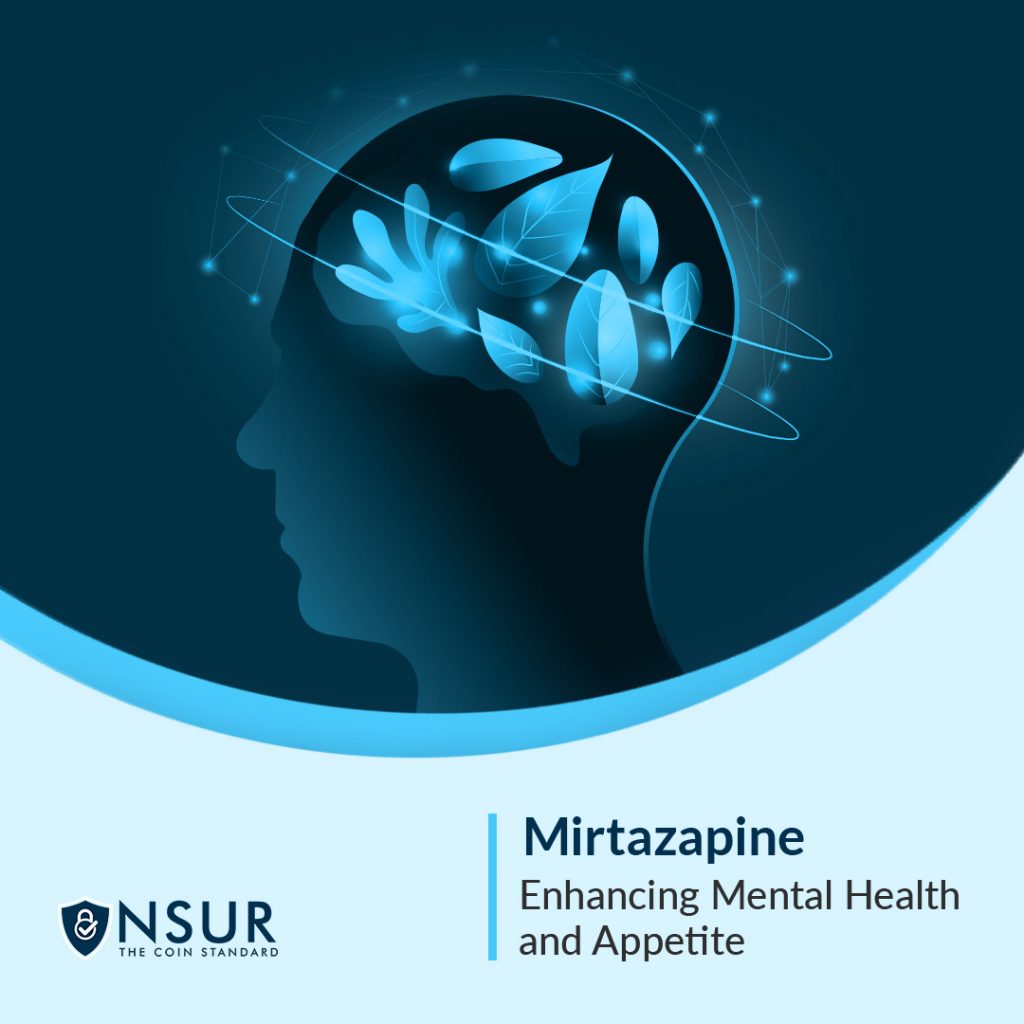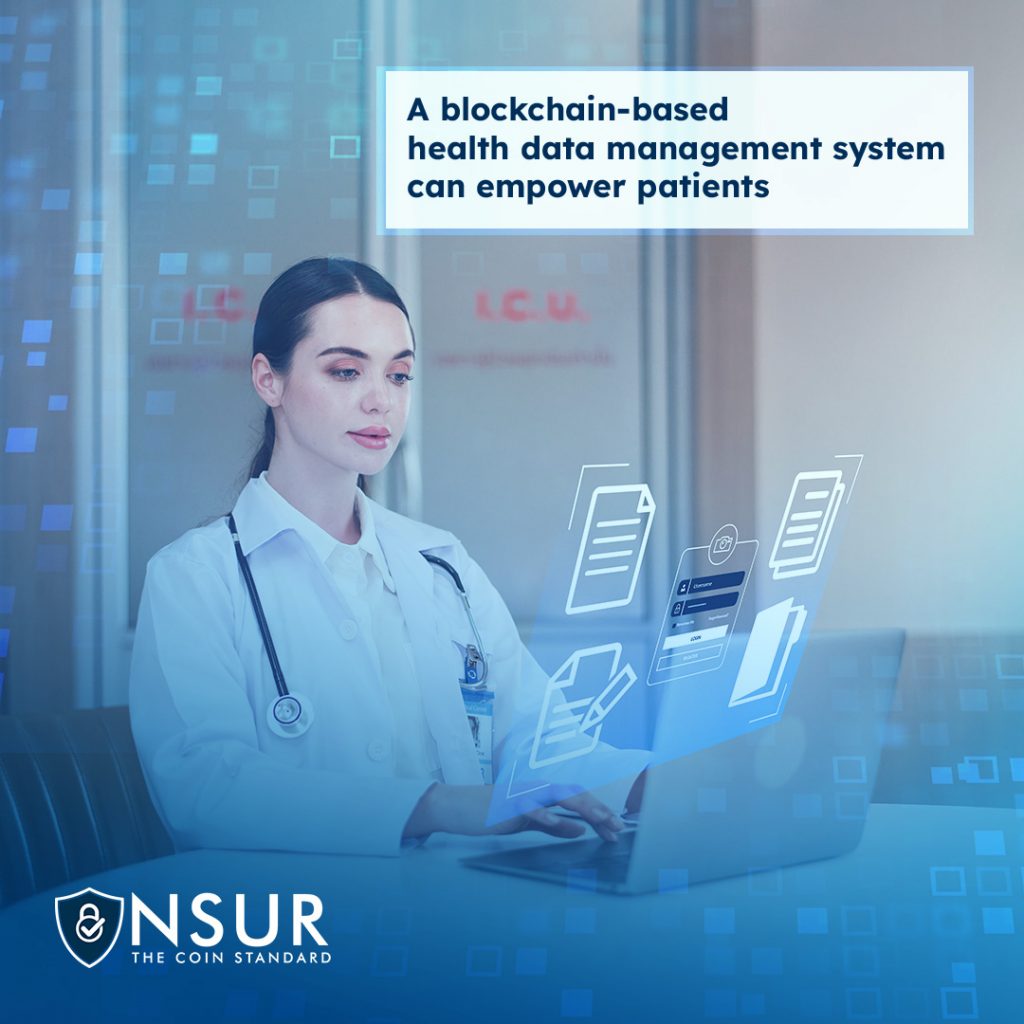
This article will explore how blockchain can transform the healthcare industry and benefit individuals and businesses.
What Is Blockchain?
A blockchain is a decentralized peer-to-peer (P2P) database that allows for the registration, storage, and transfer of data between machines. It was initially created to keep track of digital currency transactions but has since evolved into more than just money.
Multiple parties can record transactions in real-time on the blockchain without the involvement of a third party. They are making it ideal for keeping track of medical records and other sensitive information where privacy is critical.
How Does It Work?
Blockchain takes transactions made on blockchains and stores them in blocks linked together using cryptography. Once these blocks are attached to the blockchain, no one—not even a participant in that transaction—can alter or delete it without consensus from all parties involved.
Blockchain is a database technology that enables multiple parties to share, view, and append data without relying on a centralized authority. Because of its ability to store and exchange data, the healthcare industry is a promising market for blockchain technology.
Let us walk through a few of its advantages:
Blockchain-based data security:
Blockchain provides a secure, decentralized way to store medical research data. Let researchers have complete control over their data and share it immediately with other researchers or institutions without waiting for approval from any third party.
Blockchain-based research tracking also opens up new opportunities in research tracking by allowing scientists to share their findings more quickly. Because they no longer have to rely on centralized authorities or third parties who may not share their interests or views as well as they should.
Blockchain for patient care services:
Since many hospitals do not have enough resources to provide all their patients with high-quality healthcare services, blockchain could help them reduce costs by eliminating redundant procedures and improving efficiency through automation.
A significant application of blockchain in healthcare is managing and sharing patient records.
Today, it can be difficult for doctors to access their patient’s medical records because different hospitals use different systems, which may not always be compatible. This discrepancy between hospitals increases the risk of medical errors, so blockchain technology could help solve this problem by giving doctors access to accurate patient data more quickly and easily.
For example, MedRec creates an immutable ledger of patient-specific data that multiple hospitals can access.
A growing and aging population, coupled with chronic illness rates, continue to place a strain on the healthcare industry. The healthcare industry also faces a massive shortage of skilled professionals who can help providers deliver optimal care.
The NSUR Inc and NSUR coin is designed to address and support needs of blockchain Health & Wellness ecosystem by providing a solution that facilitates access to healthcare services while incentivizing providers, patients, and family members to contribute their time or money towards its growth.
Through blockchain technology, NSUR aims to create a secure, easy-to-use platform where users can contribute to the health of others across all sectors.
NSUR Inc., a network and loyalty rewarding platform focused on health and wellness. With it’s value protection program, users who have bought NSUR coin from the website have protections against ups and downs of the market.
Bottom Line
Blockchain has the potential to transform how we store data, access it, and share it with others. Patients’ ability to share health data with their doctors and researchers can be efficient, resulting in more personalized care and faster diagnosis.
However, some challenges still need to be addressed before blockchain can become mainstream in healthcare.
The Future of Blockchains in Healthcare Is Bright!



